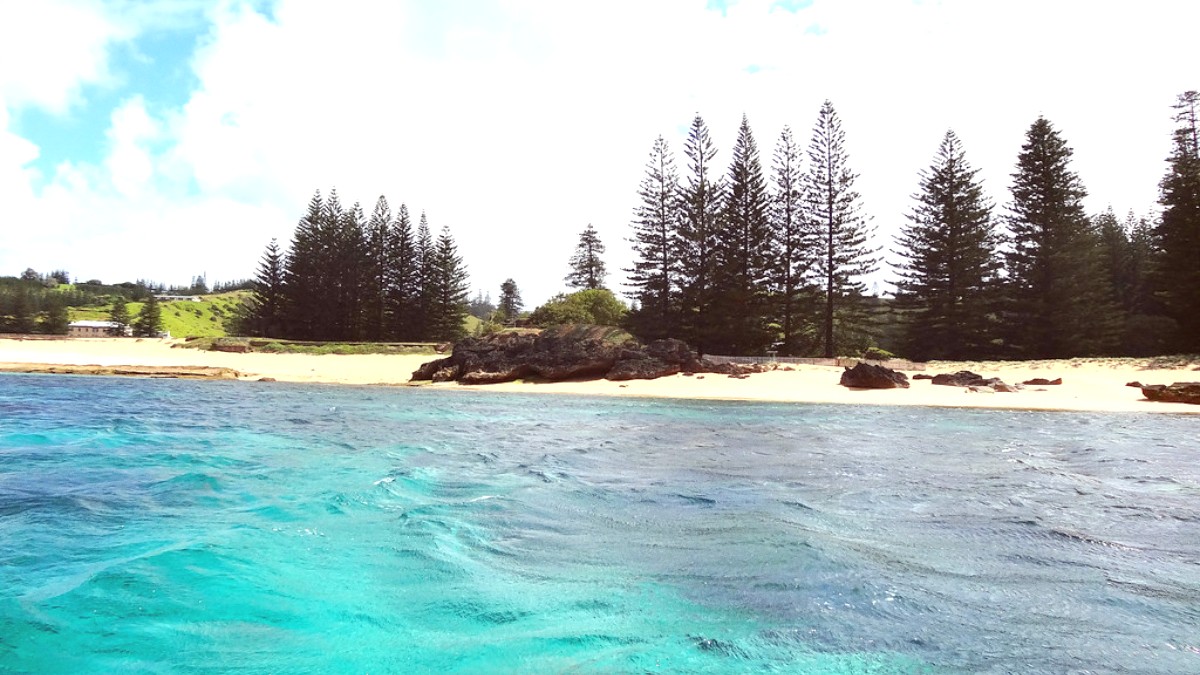
Australia
Norfolk Island National Park and Botanic Garden safeguard endemic flora and fauna. Phillip Island acts as a seabird breeding ground with strict access controls.
Recycling facilities on the island are limited. Minimizing personal waste during your visit holds importance. Dispose of all rubbish properly.
Water functions as a precious island resource, relying on rainwater collection. Be mindful of your water usage, especially during dry periods.
Cultivating respectful interactions fosters a connection with Norfolk Island's unique heritage.
Support local initiatives that try to preserve the unique Norfuk language, the rich Pitcairn heritage, and historical sites.
Engage respectfully with locals. Practice the "Norfolk Wave," a friendly acknowledgment to passing vehicles and pedestrians. This tradition shows engagement with the island's social fabric.
Generally, photographing public areas and scenic landscapes is acceptable. Always ask for permission before taking close-up photos of individuals, especially children.
Support conservation by following park rules. Contribute to conservation efforts. Choose eco-friendly accommodations and tour operators who commit to environmental practices.
Use Reusable water bottles and Shopping bags. Consider removing packaging before travel. Shop sustainably at Package Free Shop.
Take shorter showers and turn off taps. Reuse towels. Accommodation providers may have specific water-saving guidelines.
Norfolk Island is part of the Lord Howe Island Group World Heritage Area, a recognition of its global natural significance. Your actions contribute to its ongoing preservation.
Your travel choices directly shape Norfolk Island's local economy, fostering community growth and well-being.
Many small businesses, tours, and accommodations on Norfolk Island operate as family-owned entities, often run by Pitcairn descendants. Choosing these establishments directly supports the local economy and traditional livelihoods.
Purchase locally made crafts, art, and produce at markets (like the Sunday Market) and local shops. This creates direct benefit for the islanders who craft these goods.
Remain aware of wildlife interactions. Do not disturb nesting birds or marine life. Follow national park guidelines and any instructions from tour operators regarding wildlife viewing.
Do not purchase products made from protected or endangered species. Avoid any activities that involve the exploitation of animals or people.
If you wish to contribute to the island's welfare, consider donating to established local conservation efforts or community welfare organizations rather than giving money to individuals.
Donate to local conservation efforts (National Park, endemic species).
Support established community welfare organizations.
The Visitor Information Centre often provides guidance on reputable local charities.
Prioritizing local businesses keeps money circulating within the island's economy and strengthens its self-sufficiency. Your choices make a difference.
The island is part of the Lord Howe Island Group World Heritage Area, recognizing its global natural significance. Following park rules and contributing to conservation efforts uphold this status.
Water, a precious resource, mainly comes from rainwater collection. Mindfulness regarding water usage, especially during dry periods, is important. Reducing waste minimizes strain on limited recycling facilities.
Engaging respectfully with locals and their customs fosters a positive environment. Participate in the "Norfolk Wave" and maintain polite interactions.
Support the local economy by purchasing locally made crafts, art, and produce. Inquire about the origin of products. Avoid items made from protected species.
Making conscious choices while visiting preserves its unique charm for generations to come.
Opt for eco-friendly accommodation and tour operators.
Engage respectfully, observe local customs, and respect privacy.
Support local businesses and purchase authentic island-made products.
Avoid any activities that involve the exploitation of animals or people. Do not purchase products from protected or endangered species, as these actions carry severe consequences for the environment and local community.
Thoughtful choices resonate across the community and environment.